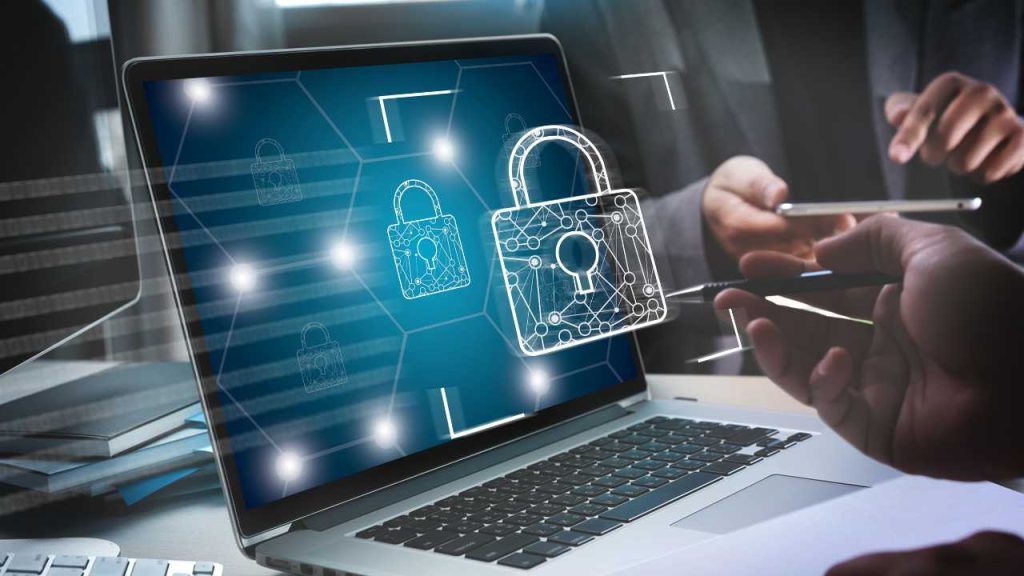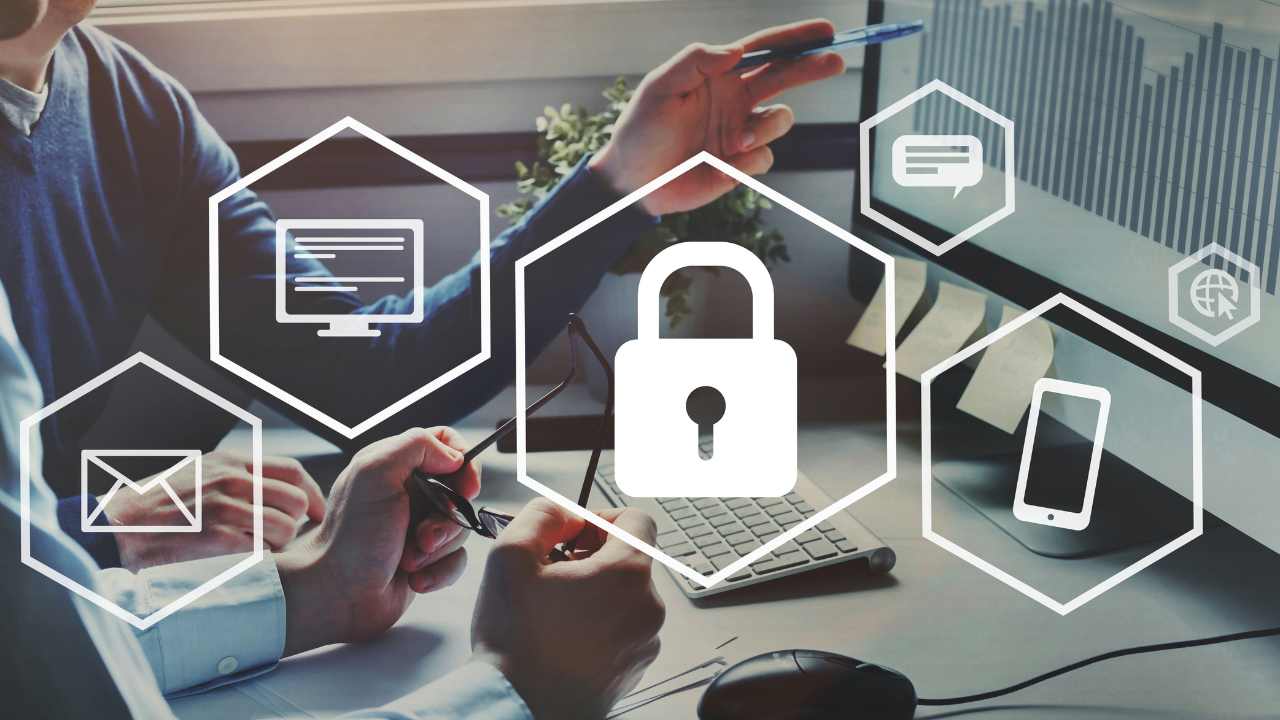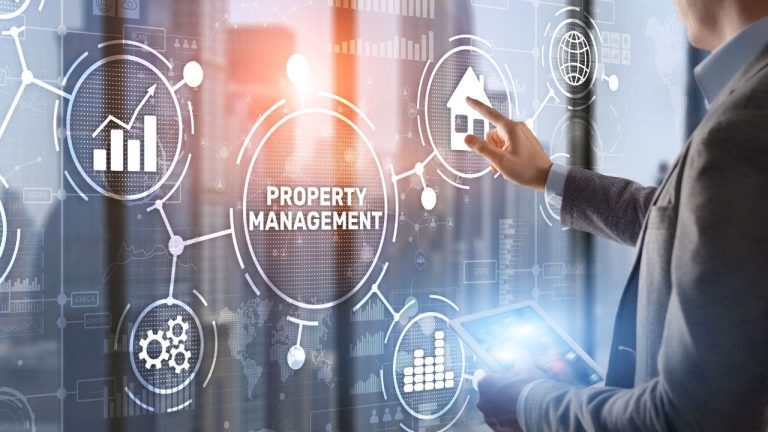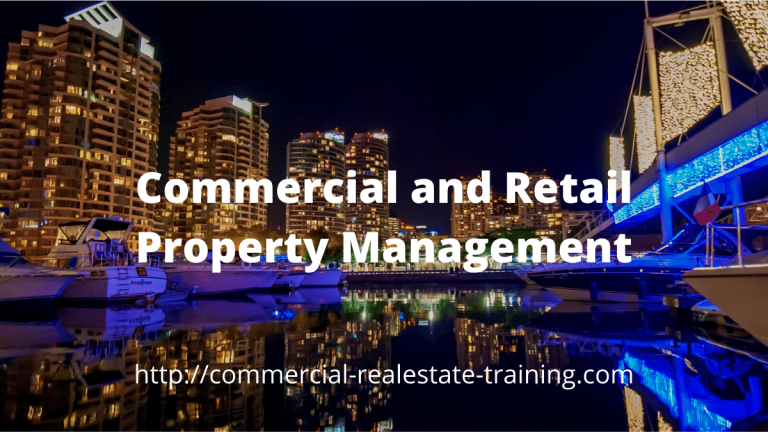How Cloud Based Security Technology is Transforming Real Estate Management
Since the pandemic, more and more businesses have adopted cloud-based technologies to support remote and hybrid working. But how is cloud-based technology evolving in the security sphere, and how is this changing real estate management?
Keep reading as we discuss the top evolvements in cloud-based security technology and how this is transforming real estate management for investors and property management teams.
Integrating Access Control And Video Management
One of the most significant developments in cloud-based security technology is the potential for integration. Integrating different security technologies can enhance their operation and expand their function.
Access control and video management are the best examples of security integration.
You must view access logs and video management information on separate platforms without integrating these two technologies and moving security data to the cloud.
Considering both data sets on different platforms makes comparing and analyzing data difficult. When both technologies are integrated, however, it allows for the following benefits:
- More accessibility – you can view access logs and video feed information on a single cloud-based platform. In security procedures, this makes it easier to retrieve and compare data to resolve security threats.
- Identity verification – with both technologies integrated, you can verify that users are entering the building with their access credentials and that no intruders are entering the premises using stolen keycards or fobs. You can perform identity verification manually, or you can integrate facial recognition software to automate the process and prevent incidents involving stolen access credentials.

Mobile-Oriented Security Management
Opting for a hybrid or cloud-based security system gives you the option of implementing mobile-first security.
For cloud-based IP cameras, mobile-oriented security means that your security personnel and system administrators can access video feeds from anywhere using their mobile devices. And you can establish alerts for when a visitor comes to your building’s entrance, allowing staff to respond quickly and escort the visitor inside the building.
For access control, mobile-oriented security affects operations in the following ways:
- Remote management – with mobile-first access control, building managers and security staff can lock and unlock doors from anywhere using a mobile application, ensuring security is maximized. Also, they can view access logs from anywhere, which can be particularly beneficial in an evacuation procedure.
- Mobile credentials – you can cut costs for your real estate management enterprise by eliminating the use of keycards and fobs, thus eliminating the cost of replacement. Instead, building occupants can enter using mobile credentials – like digital access cards. The onboarding process becomes much more straightforward, and building users need only download credentials to their devices rather than wait for the building manager to present them with a new keycard. Creating more convenient experiences for your tenants can help to improve your landlord-tenant relationship and create long-term satisfaction.
- Remote disabling – when you implement mobile credentials in place of keycards or fobs, you can deactivate a user’s credentials from anywhere.
So, if they report their device stolen, you can instantly remove their credentials and prevent entry using those credentials.

Integrating Cloud-Based Technologies
You can use open API integrations with cloud-based technologies to implement software integrations. Software integrations automate a wide variety of tasks, including:
- Visitor management – you can automate the visitor management process by integrating visitor management software with access control. Instead of manually signing in, visitors can fill out a registration form on their mobile to gain temporary access credentials. You won’t need to hire reception staff and will have more accurate visitor logs for security processes.
- Coronavirus screening – particularly in commercial properties, is vital to keep tenants’ health safe. Instead of performing this process manually, you can apply wellness verification software to your access control system, providing users with digital surveys based on their symptoms. If they are symptomatic, building administrators can handle the issue at their discretion.
- Smart building management – save on energy costs by integrating your IoT-connected building management systems with access control. If the building, or a room within the building, is unoccupied, the building management systems will turn off to conserve energy. When the space is occupied, the systems (such as heating, lighting, and electronic devices) will switch on again to facilitate building use.
Restricting Access To Dangerous Areas
Implementing cloud-based access control allows you to update and manage access permissions from anywhere.
Security is equivalent to health and safety in specific contexts, and you should restrict access to areas containing dangerous equipment to prevent liability issues.
By applying smart door locks to protect these areas, you can ensure that only authorized building users can access these areas and reduce the risk of injury.
Summary
Cloud-based technologies are the future, which applies to building management and security. If you’re looking for ways to make the management of your real estate properties easier, you should consider implementing cloud-based security technologies.
The technologies above can improve administrative processes, make your building more secure, and help you to cut building management costs.







